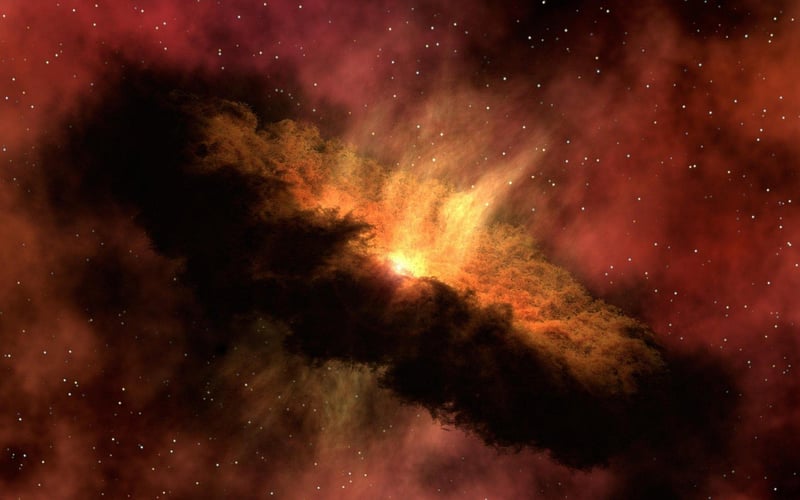Astrobiology Studies
The Hunt for Alien Life and Astrobiology Studies
Are we alone in the universe? This question has fascinated humanity for centuries. Scientists have been exploring the possibility of alien life through the field of astrobiology, which combines elements of biology, astronomy, and geology to study the potential for life beyond Earth.
What is Astrobiology?
Astrobiology is the study of the origin, evolution, distribution, and future of life in the universe. It seeks to understand the conditions that give rise to life and how life can adapt to different environments. Astrobiologists investigate the potential for life on other planets, moons, and even exoplanets.
Methods for Finding Alien Life
Scientists use various methods to search for signs of alien life in the universe. Some of the key approaches include:
- Exoplanet Exploration: Studying planets outside our solar system to identify those with conditions suitable for life.
- Microbial Life Detection: Searching for microbial life in extreme environments on Earth to understand where life could exist elsewhere.
- Extremophile Studies: Investigating organisms that thrive in extreme conditions, such as deep-sea vents or acidic hot springs, to expand our understanding of life's diversity.
Signs of Life in the Universe
While concrete evidence of alien life remains elusive, scientists have identified several promising signs that could indicate the presence of extraterrestrial organisms:
- Atmospheric Biosignatures: Detecting gases like oxygen, methane, or carbon dioxide in exoplanet atmospheres that could be produced by living organisms.
- Water on Other Planets: The presence of liquid water, a key ingredient for life as we know it, on other celestial bodies suggests the potential for habitability.
- Organic Molecules: Finding complex organic molecules in space, such as amino acids or sugars, hints at the building blocks of life.
Current and Future Missions
Several space missions are actively searching for signs of alien life and advancing astrobiological studies. Some notable missions include:
- Mars Perseverance Rover: Exploring the surface of Mars to assess its past habitability and search for signs of ancient microbial life.
- Europa Clipper: Investigating Jupiter's moon Europa, known for its subsurface ocean, to assess its potential for hosting life.
- James Webb Space Telescope: Set to launch in the near future, this telescope will study exoplanet atmospheres for signs of habitability and potential life.
Astrobiology continues to capture the imagination of scientists and the public alike as we push the boundaries of our understanding of life in the universe. While the hunt for alien life is ongoing, each discovery brings us closer to answering the age-old question: are we truly alone?

Image Source: Pixabay
